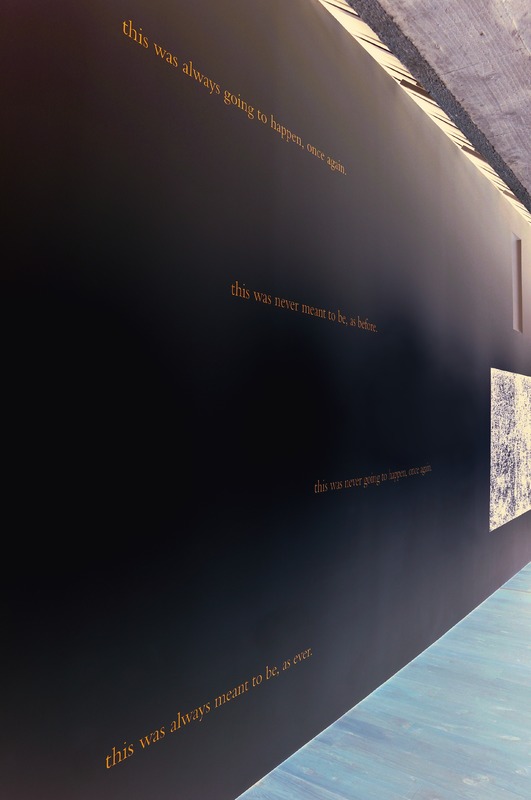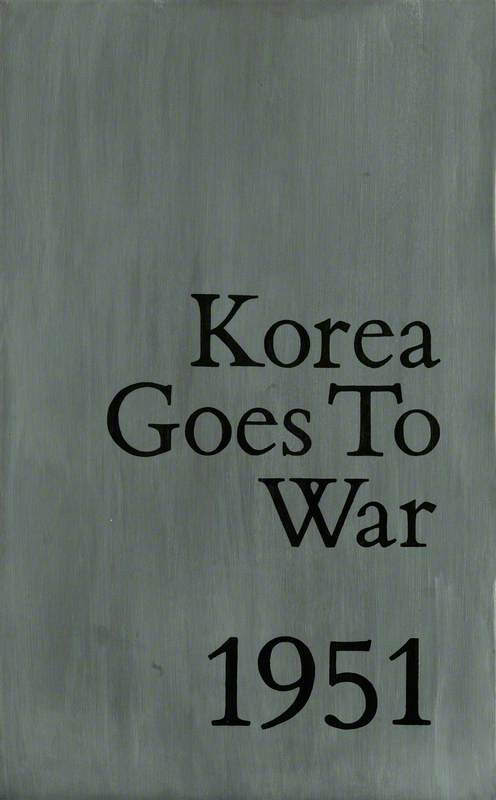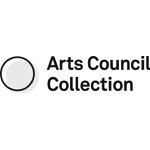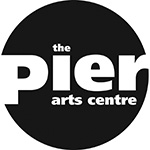Scottish installation and *video artist, born in Glasgow. In 1984–5 he studied at Glasgow School of Art, where he was part of a department in which students were encouraged to make work outside the gallery and to consider ‘context as 50 per cent of the work’. He studied at the *Slade School in 1988–90. He has made works involving language which emphasize the process of reading. In 1991 he adorned the domed ceiling of the Serpentine Gallery, London, with the phrase ‘WE ARE EVIL’, entitling the work Above all Else. Katrina Brown points out that the title has religious connotations: if original sin is an issue, then the name of the gallery itself is surely of significance. The origin of the phrase comes from a chant by Millwall football supporters.
Read more
30 Seconds Text (1996, Goertz Collection, Munich) is a chilling work recounting an experiment by a French doctor on the residual consciousness of a head severed by the guillotine. He concluded that it lasted between twenty-five and thirty seconds (the time it would take to read the text). Just as Gordon's language works focus on the process of reading, so do the video works focus on that of viewing. He engages with what has often been cited as a critical problem in *video art, that the conditions of viewing in the gallery are fundamentally different from those which obtain in the cinema or on television. The video works have frequently used actual narrative films but have re-presented them so that they appear quite different experiences. Two of the best known are based on very familiar films by Alfred Hitchcock. 24 Hour Psycho (1993, Kunstmuseum, Wolfsburg) slows down the film to two frames a second. Familiar scenes become extracted from the story and perceived in microscopic detail as though a kind of ‘unconscious’ of the film is being revealed. Feature Film (1998) is based on Vertigo. It has often been acknowledged that this film, regarded as Hitchcock's masterpiece by many critics, owes an important part of its impact to the musical score by Bernard Hermann. Gordon's installation isolates the music and on the large screen is seen the conductor James Conlon as he guides the musicians. The film is relegated to a small monitor in the corner. Douglas comments on his work, ‘I provide the board, the pieces and the dice, but you are the ones who have to play’. He was awarded the *Turner Prize in 1996. Further Reading K. M. Brown, Douglas Gordon (2004)
Text source: A Dictionary of Modern and Contemporary Art (Oxford University Press)





